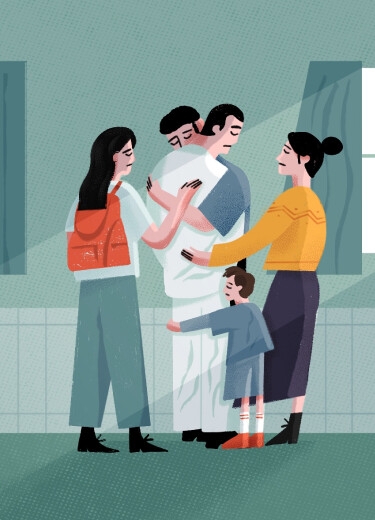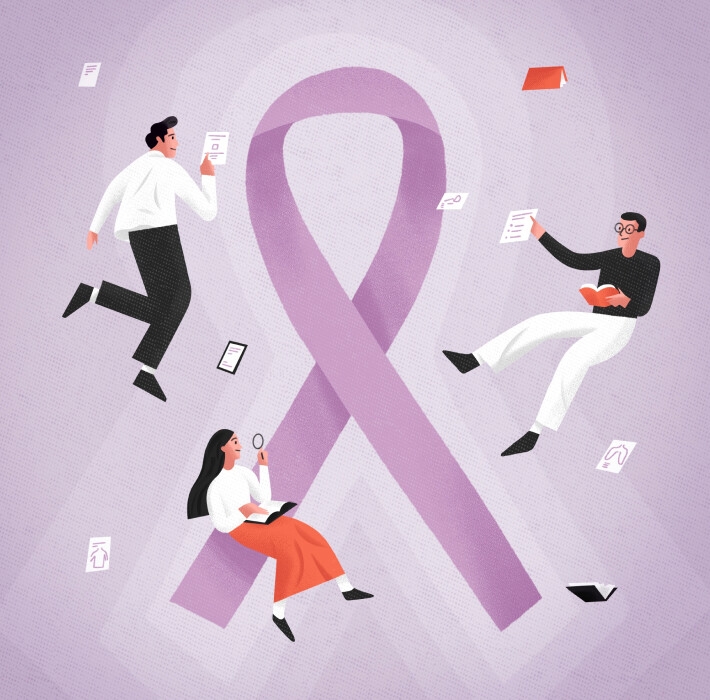Choose Your Words
A cancer diagnosis might cause feelings of despair, anger, perplexity, and helplessness. It is beneficial for the individual who has been diagnosed with cancer when friends and family members give a reassuring presence as well as practical assistance. It is frequently difficult for others to know what to say or how to begin a conversation with a cancer patient. However, being in touch is always preferable to being apart.
Make a point of acknowledging how hard this experience is for the individual. Selecting your words carefully might help you convey your support without being dismissive or ignoring the subject.
- I’m thinking about you.
- I’m really sorry for what has accured to you.
- If you’re ever want to chat, I’m here to listen.
- I’m concerned about you.



